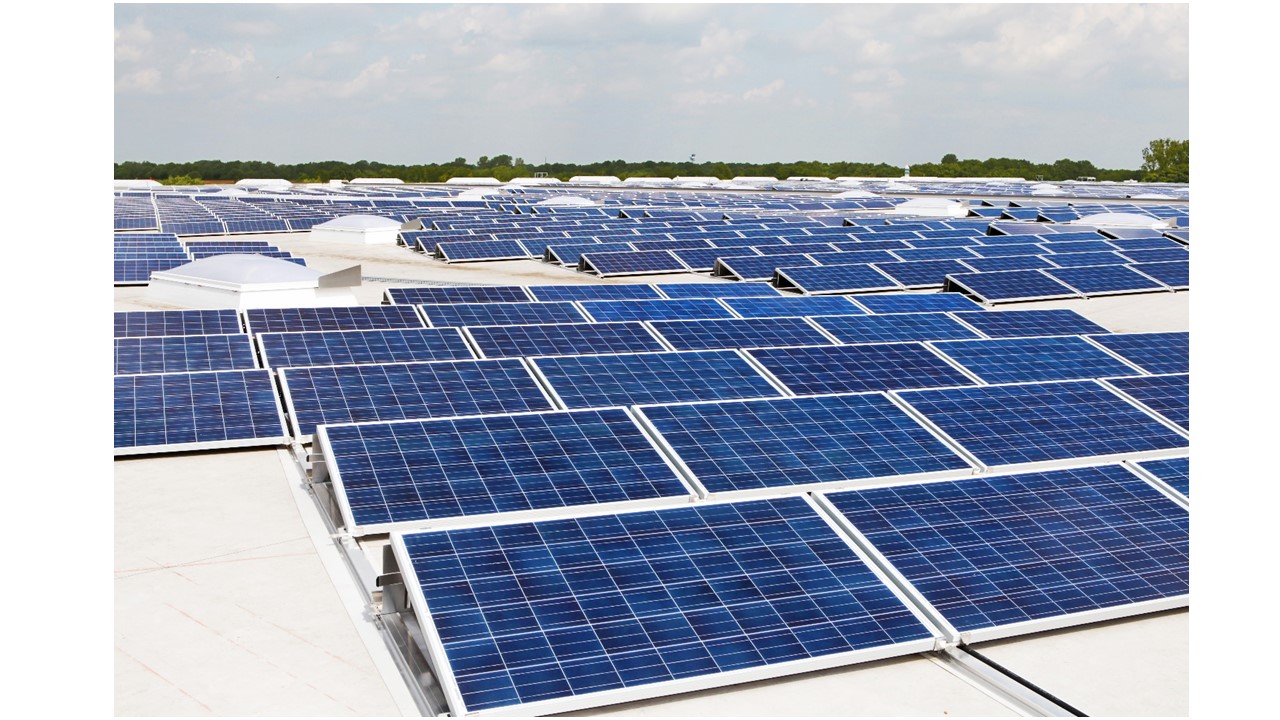The skill that the course aims to teach is enabling students to arrive at their own understanding of how to separate the chaff from the wheat in the course topics. This includes verifying/ assessing critically and independently, statements and numbers, made in daily life, in the press and on social networks, on these topics. Tools to achieve this are (semi)-quantitative estimates, including uncertainty ranges, logic (e.g., reductio ad absurdum, and making the estimates by approaching questions as "Fermi problems”. As such grasping orders of magnitudes and navigating correctly within the labyrinth of units is essential.
All this is possible using the ability for critical, analytical thinking, one of the great assets that students, trained in natural sciences & engineering, acquire. This does not detract from the value of training in social sciences and humanities.

** This course is biennial. It will take place in 2025/26, but not in 2026/27.**
This two-day course is taught in-person in St Andrews. It will be held on 14-15 January, 2026.
Solar power is the most abundant renewable power source. This course provides an introduction to solar photovoltaics (PV). Lectures introduce the problem of energy supply, and the amount of solar power potentially available. The general principles of PV will be covered, followed by lectures on a range of current and future PV technologies, notably silicon, thin film inorganic, organic and perovskite photovoltaics.
The lectures are complemented by labs giving hands-on experience of characterizing solar cells and their constituent materials. The course is open to anybody with an interest in solar power, regardless of their current PhD project.
*Please note that students will need to obtain their own funding for travel and accommodation related to taking this course. Interested students should discuss funding with their supervisor.
The course will begin on the morning of 14th January. There will be a break in the afternoon, and participants are welcome to join the Energy Theme meeting that will begin with lunch on the 14th. The theme meeting continues until 5 pm, and is free to attend. Interested students should register for the theme meeting prior to 18th December, or contact Linda.Hadfield@glasgow.ac.uk
Register for the Energy Theme meeting here.
